#EmbracingEquity: How Women are Championing the Challenges

Embracing Equity
Women in the GCC region, as well as in other parts of the world, encounter various obstacles to achieving gender equality. Some of these challenges include restricted access to the workforce or barriers to employment, limited representation in leadership positions, and educational inequality to name a few.
The United Arab Emirates (UAE) along with Lebanon are the best-performing countries in closing the gender gap in the region. And UAE is ranked 1st in MENA and 24th globally on women’s inclusion, justice, and security.
Equality vs Equity
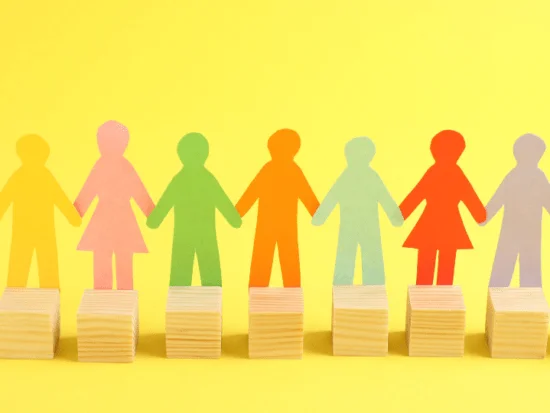
Equality and equity are two concepts that are often used interchangeably, but they have distinct meanings.
Equality refers to the state of being equal, especially in rights, status, and opportunities. It means treating everyone the same regardless of their differences, such as race, gender, age, or socio-economic status. In other words, equality is about ensuring that everyone has access to the same resources and opportunities, regardless of their circumstances.
Equity, on the other hand, refers to the state of being fair and just, taking into account people’s differences and individual needs. It means providing different levels of support to different people, depending on their unique circumstances, to ensure that everyone has an equal chance of success.
In other words, equity is about recognizing that people have different starting points and providing them with the necessary resources and support to achieve the same outcome.
In essence, equality is about treating everyone the same, while equity is about treating people fairly by giving them what they need to succeed. Both concepts are important in promoting social justice and creating a more equal society. However, achieving equity often requires going beyond equality and taking active steps to address systemic inequalities and provide support to those who need it most.
The Challenges
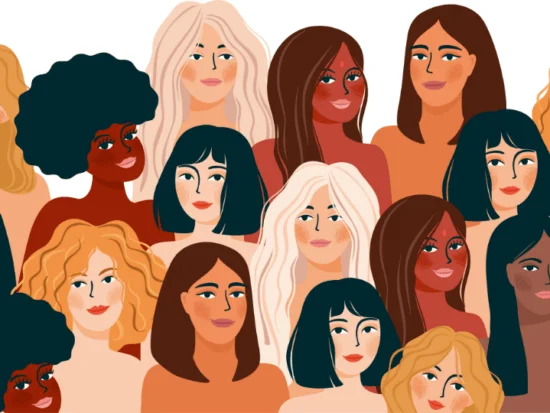
Women may face cultural or societal barriers that prevent them from entering the workforce, such as restrictive dress codes, gender segregation, or limited access to education and training opportunities. Even when they do enter the workforce, women may face discrimination or bias that limits their opportunities for advancement or equal pay.
Additionally, women may be underrepresented in positions of power, both in the public and private sectors. This lack of representation can make it difficult for women to have a voice in decision-making and policy development, which can further perpetuate gender inequalities.
Furthermore, educational inequality is a significant barrier to gender parity. Girls may face limited access to education, particularly in science, technology, engineering, and mathematics (STEM) fields, which can limit their career opportunities and perpetuate gender gaps in the workforce.
Addressing these challenges requires a concerted effort from governments, organizations, and individuals to promote policies and practices that support gender equality, such as providing equal access to education and training, promoting diversity and inclusion in the workplace, and implementing policies to address gender-based discrimination and bias.
Championing the Challenges

Embracing equity is a critical step towards achieving gender parity and promoting social justice. Women around the world are championing the challenges and working towards creating a more equitable society for all. Here are a few ways that women are making a difference:
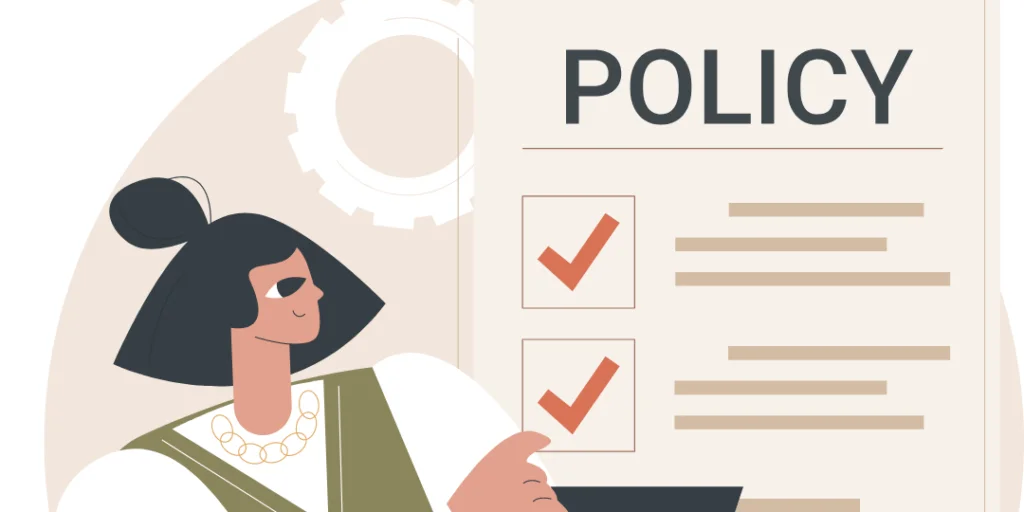
1. Advocating for policy change:
Women are advocating for policy changes that promote gender equality, such as equal pay, parental leave, and anti-discrimination laws. By raising their voices and advocating for change, women are pushing governments and organizations to take action to address gender inequalities.
2. Breaking barriers in male-dominated industries:
Women are breaking down barriers in traditionally male-dominated industries, such as STEM and politics. By stepping into these fields and achieving success, women are showing that gender should not be a barrier to success and encouraging others to follow in their footsteps.

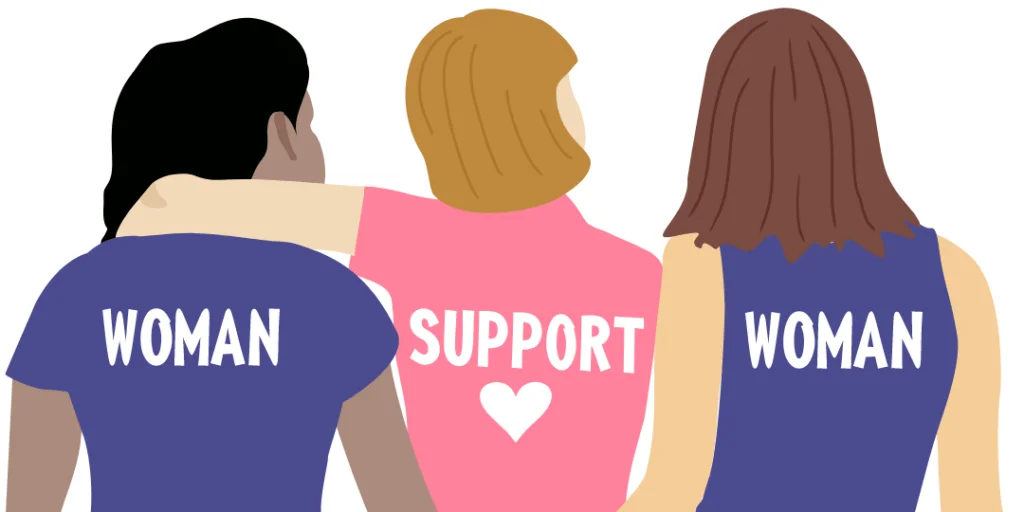
3. Supporting and mentoring other women:
Women are supporting and mentoring other women to help them achieve their goals and overcome obstacles. By sharing their experiences and offering guidance, women are helping to build a community of support and empowerment.
4. Using their platforms to raise awareness:
Women in positions of influence, such as celebrities and politicians, are using their platforms to raise awareness about gender inequality and advocate for change. By using their visibility and influence, these women are amplifying the voices of those who are often marginalized and working towards creating a more equitable society.
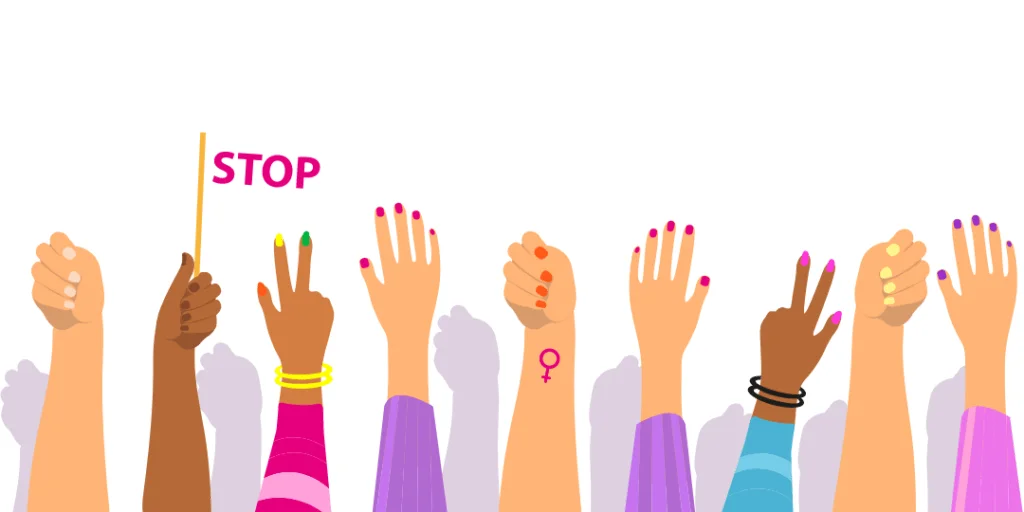
Overall, women are making significant strides in championing the challenges and promoting equity. By working together and supporting each other, we can create a more just and equitable society for all.
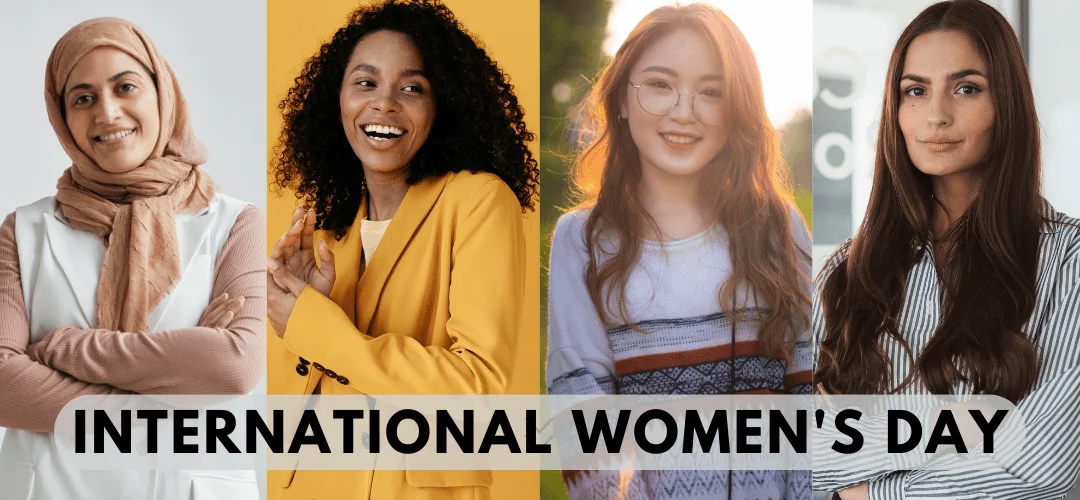
EZONE specialize in creating content that highlights business setup and consultancy services. We provide expert insights on company formation, licensing, and the latest industry developments. Through this blog, we aim to equip entrepreneurs and businesses with the knowledge they need to navigate opportunities and challenges in today's market.
